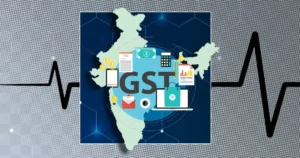
Review of Delivery Charge Taxation
State and central GST officials, comprising the fitment committee, have revisited the taxation of delivery charges levied by food delivery platforms like Swiggy and Zomato. This review follows concerns raised by the Directorate General of GST Intelligence (DGGI) over the classification and taxation rate applied to delivery charges.
DGGI’s Argument on Classification
The DGGI had issued a notice last year questioning whether delivery charges, when bundled with food orders, should be considered part of the food supply. The agency argued that such charges should be taxed at the higher GST rate of 18%, aligning with the taxation of food supplies under certain conditions.
GST Demands on Zomato and Swiggy
The review stems from significant GST demands issued to the platforms for the period from July 2017 to March 2023. Zomato has been asked to pay Rs 400 crore, while Swiggy faces a demand of Rs 350 crore. These demands highlight the magnitude of the issue and its potential financial implications for food delivery companies.
Implications of the Review
If delivery charges are classified as part of the food supply, it could lead to a uniform higher tax rate and increased compliance requirements for aggregators. This would also affect consumers, potentially increasing the cost of food delivery services.
This ongoing review reflects the government’s focus on ensuring clarity and consistency in GST policies, particularly for digital economy sectors like food delivery. The outcome will have implications for both the platforms and their customers.
![]()




